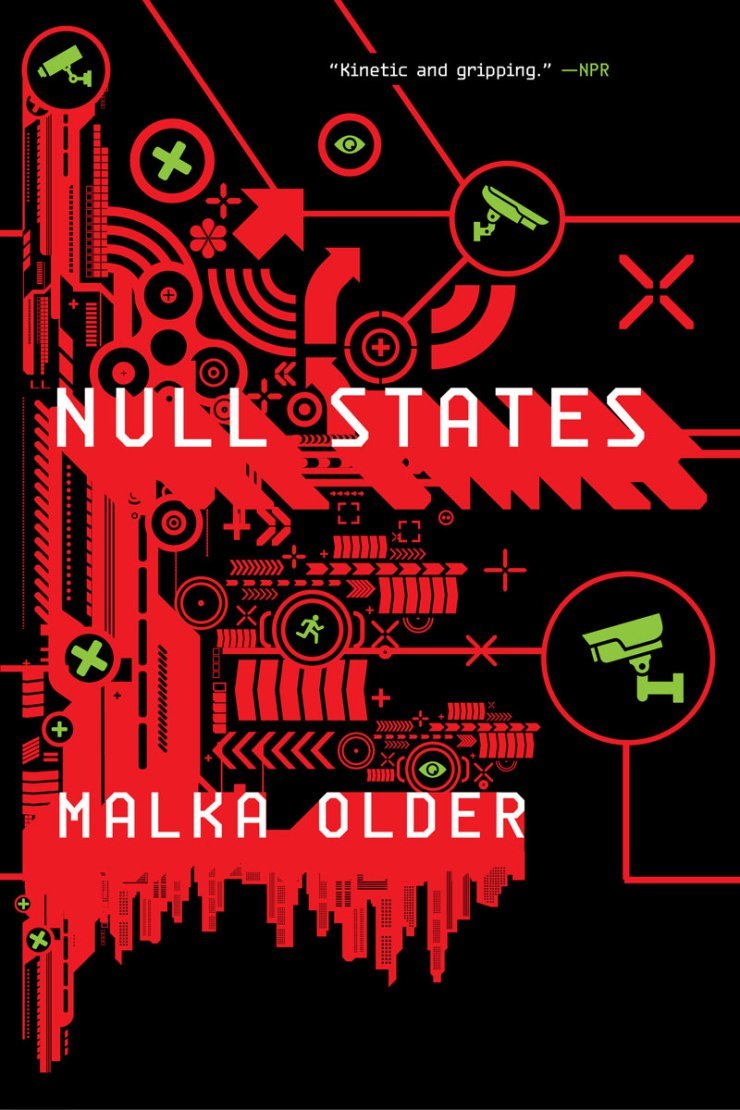What do you think?
Rate this book


432 pages, Hardcover
First published September 19, 2017

a tiny government popular mainly in Europe that claims to emulate the culture and values of the former superpower. (No one has ever been able to figure out whether they’re being ironic; even the citizens seem confused.)
China has its own version of Information,见闻网. It is more top-down than Information while also oddly gossipy. Yes, there are topics that don't show up at all or deviate from the more broadly accepted definition (looking up micro-democracy, for example, triggers an impressive academic barrage of snark and shade).
”And what are you here to do?”
Roz looks at him in surprise. “We were asked to support your new government in relations with neighboring centenals.” Her words trail off … The sheikh’s expression hasn’t changed, but somehow she knows he’s not asking about the official job description …
“You are checking up on us? Policing us?” The question is hostile, but his tone is level, courteous even …
“We’re here to provide support,” Roz repeats. “You can request for us to leave if you don’t want us here.” …
“Of course we won’t ask you to leave. You are our guests. But we like to know what our guests are looking for here, so we can be sure that they are satisfied.”
“Very hospitable,” Roz says.
“You didn't take any injuries directly to your torso, and you seem to have avoided any stress spikes throughout the encounter.”
For a brief moment, Mishima feels like the consummate badass she is.
“Do people think Information threatens their autonomy? I mean, I can understand privacy as a concern, but autonomy? Governments can do whatever they want with their centenals.”
There’s a long pause, and when Maria answers, it’s with a patient tone … “Privacy is part of autonomy.